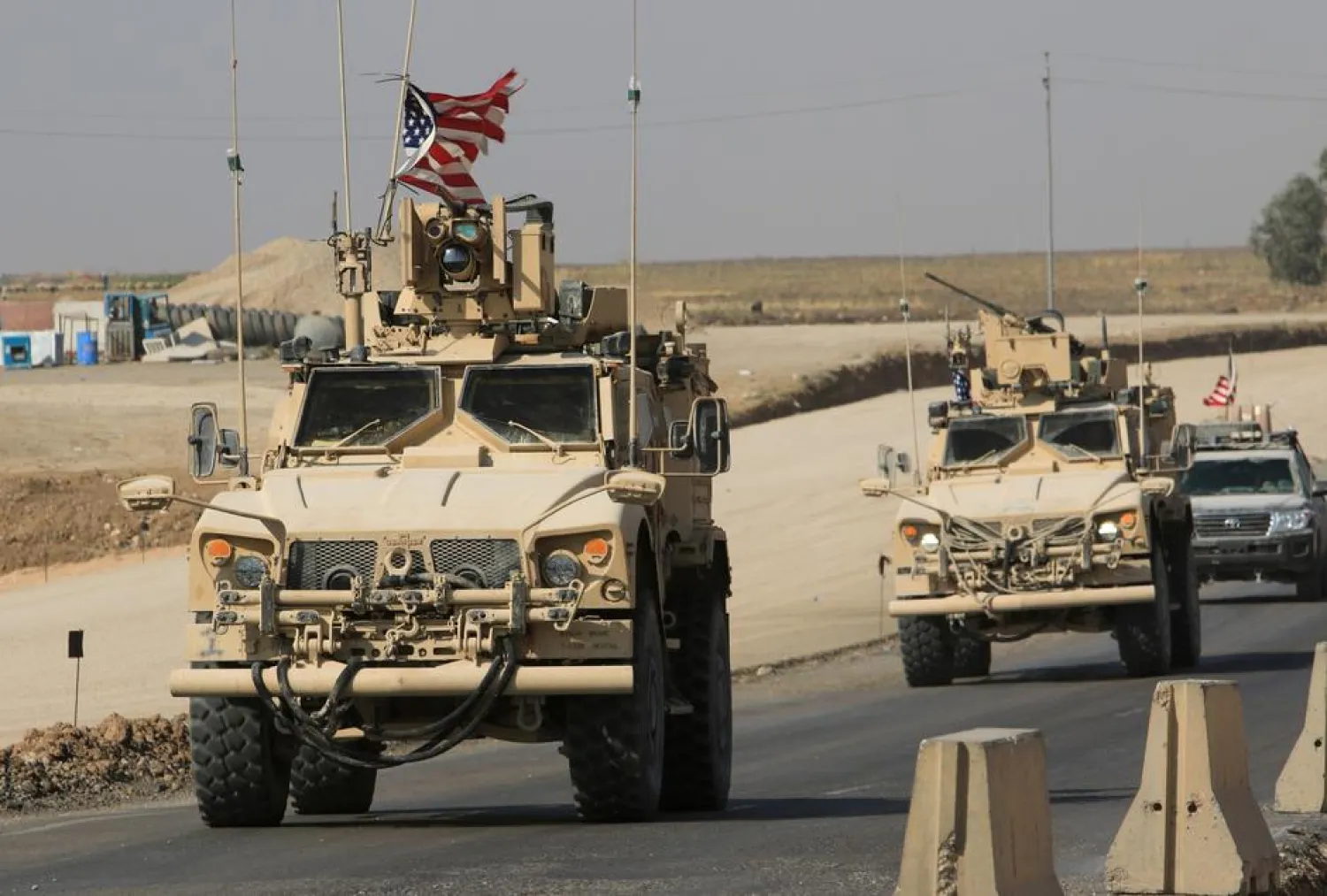International Coalition logistics lines in Iraq have come under attack on Tuesday despite local security authorities having announced securing the convoys that were moving to reach new positions in the country’s north and west.
Assaults targeting the US-led international coalition forces have been occurring progressively, with attacks sometimes taking place daily.
Staged by Iran-aligned factions, the attacks have caused minor damage but managed to embarrass Baghdad, which appeared helpless in the face of uncontrolled militias targeting ally forces fighting ISIS in the country.
While Iraqi authorities say that the columns of supplies are intended for Iraqi forces, not the coalition, anti-coalition militias insist that they are meant for US forces and their partners.
The militias have been demanding the expulsion of US forces from Iraq.
Baghdad’s Security Media Cell (SMC) announced on Tuesday the targeting of a convoy transporting equipment to the Iraqi forces in Samawah, 280 km southeast of the capital.
“A convoy that was transporting equipment for the Iraqi security forces through Iraqi local transport companies was targeted by an IED in the Mesaieed area of the Najmi district between Samawah and Diwaniyah provinces,” an SMC statement revealed.
According to the statement, the attack damaged one of the convoy’s wheels but did not stop it from moving towards its intended destination.
Even though the statement reported a single attack, other news outlets affiliated with Iran-aligned groups and some security sources mentioned four similar attacks taking place on Tuesday in the governorates of Babylon, Dhi Qar, Al-Qadisiyyah, and Al Muthanna.
Last Saturday, the Sumer Operations Command announced placing a new security plan in motion to ensure the safety of external routes in south Iraq governorates. This was intended to ensure the security of logistics convoys belonging to the coalition.
Security commands had previously announced more than one plan for this purpose, the last of which was in mid-June, but they failed in stopping the attacks.









